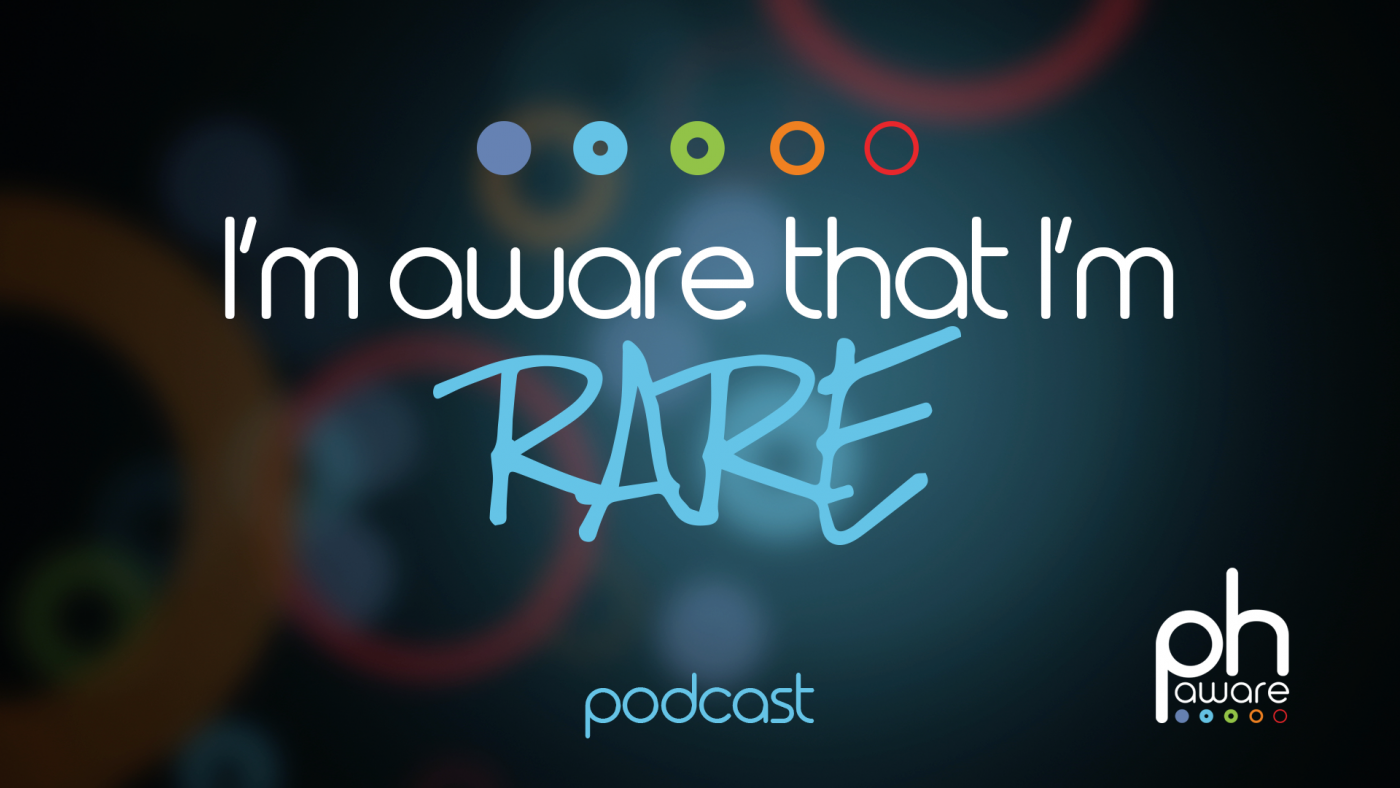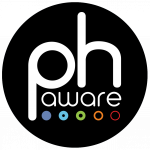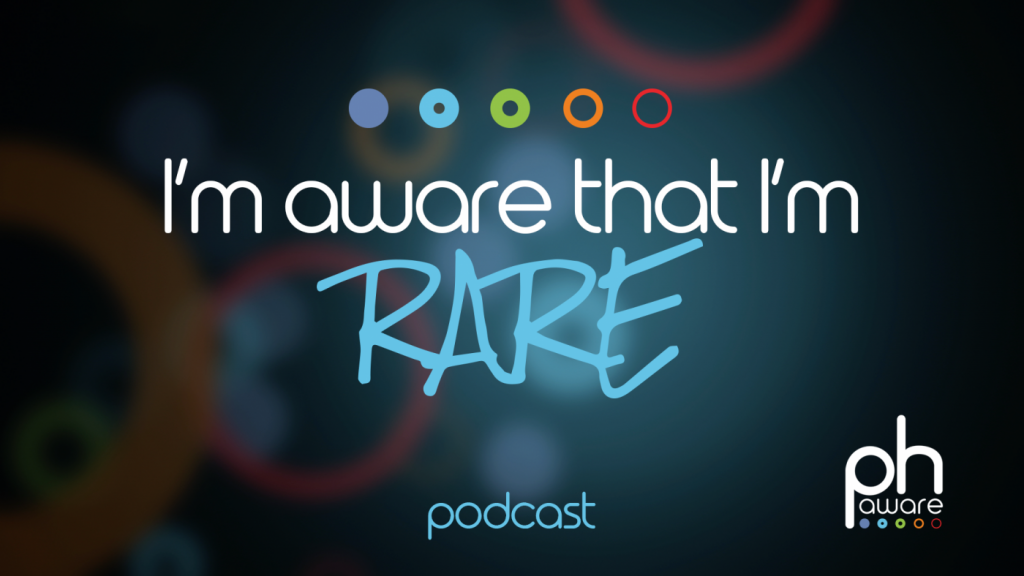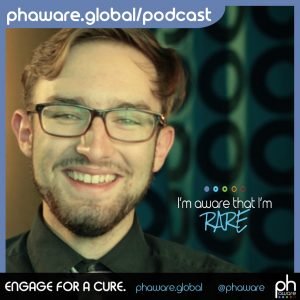Phaware Podcast: Michael Bonar
Written by |

This podcast series, created and produced by phaware, is being offered as a regular guest feature on Pulmonary Hypertension News to bring the voices and life experiences of PH patients, family members, caregivers, healthcare specialists, and others to our readers. You may listen to the podcast directly, or read it via the transcript that runs below.
I’m Aware That I’m Rare: Michael Bonar
The phaware™ interview
Pulmonary hypertension patient Michael Bonar discusses his diagnosis that stemmed from an incident during high school band practice and how he is his own advocate now that he’s attending college.
My name is Michael Bonar and I am from Boise, Idaho.
My story was kind of an interesting one. It started when I was in my junior year of high school and we were in the middle of a  marching band practice; I was in marching band at the time. I had pain on the left side of my chest, it was really bad and my parents went and took me in. At the time there wasn’t really a big deal. It was, “Oh, you know, you pulled a intercostal muscle,” which made it hard for me to breathe. But they had taken a scan of my chest and they saw something in there that was really not that noticeable, and they told me to come back in, so I came back in. That was a lung infection that they had found.
marching band practice; I was in marching band at the time. I had pain on the left side of my chest, it was really bad and my parents went and took me in. At the time there wasn’t really a big deal. It was, “Oh, you know, you pulled a intercostal muscle,” which made it hard for me to breathe. But they had taken a scan of my chest and they saw something in there that was really not that noticeable, and they told me to come back in, so I came back in. That was a lung infection that they had found.
So, I went to a doctor for this lung infection. They gave me medicine, you know, antibiotics, and all that jazz. I was on that for a little while and then after being on that for a little while, my doctor, who was outstanding, she was listening to my chest and then she was like, “That sounds a little funny, I’m going to bring in a heart specialist, and he’s going to check it out.” The heart specialist, his name was Dr. Womack, great guy, he comes in, he listens and he’s like, “You know, it doesn’t sound too bad, but it sounds a little bit harder when it beats this certain way, so I’m going to run a couple of tests on you if that’s okay.” We ran a couple of tests and that led to my diagnosis of pulmonary hypertension.
My diagnosis was a year and a half ago. I used to do tennis and taekwondo and all of these other things and I just noticed that, even doing all these things, I was never at the level of everyone else, I was always getting tired. After the diagnosis I sort of dialed things back. I’m still doing marching band in college right now for the University of Idaho Vandal Marching Band. It’s hard, but I’m still trying to keep active with stuff like that.
It’s kind of hard getting up in the morning and having to remember, “Oh man, later tonight I need to take this med and I have to take all of my vitamins.” It was hard going into college because I wasn’t sure if I was going to be able to get a roommate. I’ve been living in single rooms up till now, but I’ve talked to a couple of people and they were like, “Oh yeah, I wouldn’t mind.” I have an oxygen machine, so I was worried that was going to be too loud, and they were like, “Oh no, it’s not bad.” Maybe eventually I’ll have a roommate. It’s just different.
It’s been a long road learning about this disease that just came out of nowhere, for me and my family and everyone that knows us. I guess it’s helped me understand why I like sleep so much, because I would just come home and I’d feel exhausted and I’d be like, “Oh man, I just want to sleep now.” Now I know that’s probably because my heart’s running at such a high rate it’s wearing my body down. I mean, it also helps me sort of understand, growing up, why I could never run the mile in under 15 minutes, because I’d always try and run and then I’d get exhausted. It’s not a great thing, but it at least gave me an answer to why things were like this.
Being in an area that we don’t have very many hospitals that really know about pulmonary hypertension or have studied it, and not many people that I know know about it. I think it’s important because if people are aware then that means that I can go say to another state, you know, if I’m looking for a job, I can go to a different state and people won’t just … If I tell them I have this disease, they won’t suddenly be like, “Oh, it’s a disease. Can I catch it? Are you going to just pass out out of nowhere?” People will have a better understanding of what it is and how it affects me and where my limits may be, I mean, I may have to explain that a little bit more, but just, it helps people like me feel more inclusive in an environment.
My name is Michael Bonar and I am aware that I am rare.
EVERYBODY HAS A STORY. WHAT’S YOURS?
phaware wants to share your pulmonary hypertension story with their engaged global audience. Whether you are a patient, caregiver, or medical professional, they are enlisting PH community members from across the globe. Visit www.phaware.global/podcast to share your story and to be considered for a future episode.And learn more about pulmonary hypertension at www.phaware.global. #phaware #phawarepod

Note: Pulmonary Hypertension News is strictly a news and information website about the disease. It does not provide medical advice, diagnosis, or treatment. This content is not intended to be a substitute for professional medical advice, diagnosis, or treatment. Always seek the advice of your physician or other qualified health provider with any questions you may have regarding a medical condition. Never disregard professional medical advice or delay in seeking it because of something you have read on this website. The opinions expressed in this column are not those of Pulmonary Hypertension News or its parent company, Bionews Services, and are intended to spark discussion about issues pertaining to pulmonary hypertension.





Nicole
Thank you Michael! Good luck to you and be well.